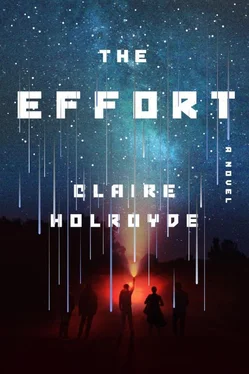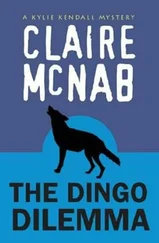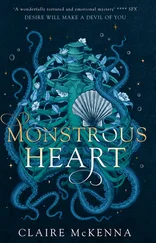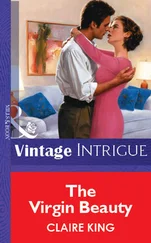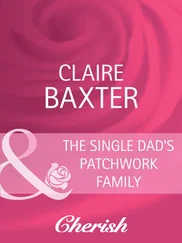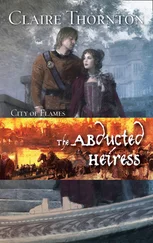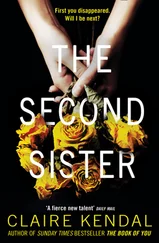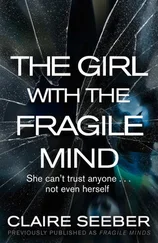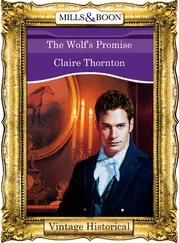“I didn’t save the Earth with my brain,” Zhen said. “I saved it with diplomacy.”
She giggled at Ned’s baffled expression.
“Deus ex machina,” Zhen whispered with a sudden glow. “That’s what they called me…”
The Second Dark Ages Atka Island, Alaska
IN THE END, modern civilization was not undone by a comet, but by its very threat. No one knew how much the human population dwindled by the Second Dark Ages. The only communications were from hunters and fishermen, who all described the same hardships. Complications from childbirth were killers, and infant mortality was high. These dangers were almost lucky, because they only applied to the fertile. I was lucky to be born so soon. My mother was even luckier. She told me her childbearing hips were finally good for something.
I was an only child. Both my parents claimed that this was for the best. My mother said that feeding another child would have been too difficult. My father said that he didn’t want to risk losing his wife. Still, it wasn’t a choice. My mother was once a scientist. She told me our rainwater wasn’t clean. It only looked clear because I couldn’t see the chemicals and pollutants with my eyes. My mother said she could taste them and often gave a saying from the Known World: You reap what you sow.
But I didn’t know any different; water tasted like water. The Known World wasn’t known to me or any of the other children born in the dark; it existed in the survivors only. On bad days, comet refugees on Atka suffered nightmares, post-traumatic stress disorder, and even the catatonia. On good days, some hummed the melodies of pop songs and spoke of professional sports teams and reality television. Remember? they asked, as they slid their index fingers across their flat palms, scrolling through news feeds on make-believe smartphones. Some even drove make-believe cars while make-believe texting and crashing into a make-believe pile-up. My mother had another saying from the Known World: Old habits die hard.
I loved to listen to talk about the Known World. During the long Alaskan nights of winter, our community usually gathered in the school gym, nestled together under sealskin blankets with stone oil lamps burning by our feet. The other children were noisy, but I was silent so I could hear. My mother said I was like my father, Jack, a keen observer who used to capture photographic images. She asked if I was taking pictures in my head as I stared. Maybe?
The adults talked about democracy, the internet, slavery, war and peace, the Constitution, books, plays, songs and solid gold albums, movies, poems, and museums with all our artifacts kept safe inside. My mother taught me about science and chemistry. My father taught me about photography, journalism, recorded history, and manufactured propaganda. Their stories became my stories.
I was eleven years old when the Message Bottle washed up on the shores of Atka Island. The message was written in Russian that no one could translate, but it was the first we had heard from survivors outside of the Aleutians. The Message Bottle was all we talked about for many moons. What would happen when pockets of survivors found each other? What did they want to be as they came out of the dark?
They say that each new age dreams up the next. My parents wondered out loud if our future wasn’t so unknown; perhaps we all knew exactly what it should be if only we could embrace it and let go of the comforts of the past, selfish as they were. As new leaders would be elected, as new dictators and warlords cleared a bloody path to the top, as more and more children were born in an era not to be taken for granted—it would become time to decide what to do with that second chance. We would die by our decisions and mistakes, or live to tell our stories.
I researched and wrote this story on weekends when my time was my own. The details won’t be perfect, much as I want them to be.
I must give credit to the volunteers at Wikipedia who started me off with a basic understanding of just about everything. For deeper dives, I searched the best news outlets for English speakers: The Economist , NPR , BBC News , The Guardian , The New Yorker , National Geographic , Rolling Stone , HuffPost , NBC News , International Business Times, Slate , and The New York Times . If there is a heaven, journalists from these publications should have reserved parking at the gates because there is no democracy without a free press.
The Defense Effort for Comet UD3 pulled from existing theories and collaborations toward planetary defense. The original HAIV (Hypervelocity Asteroid Intercept Vehicle) model belongs to Dr. Bong Wie and his team at the Asteroid Deflection Research Center Department of Aerospace Engineering at Iowa State University. The Post–Cold War collaboration between American and Russian nuclear physicists was best described by one of its participants, Dr. Siegfried S. Hecker. I named the character Dr. “Ziggy” Divjak from the Effort’s scientific core in his honor.
I have never boarded a polar icebreaker, but I learned from those who documented their experiences on Healy ’s scientific expeditions, especially Dr. Katlin Bowman, Alan Guo, and Bill Schmoker. I have never been to the Amazon or witnessed firsthand its environmental devastation, genocide, and assimilation of Indigenous peoples like the Wayãpi. I was largely informed by two books written by two phenomenal individuals: Getting to Know Waiwai: An Amazonian Ethnography by Alan Tormaid Campbell and Blood and Earth: Modern Slavery, Ecocide, and the Secret to Saving the World by Kevin Bales.
José “Zé” Cláudio Ribeiro da Silva and his wife, Maria do Espírito Santo, were sustainable farmers that were murdered together in 2011. The killings were announced, as they were in the story, in the Brazilian Senate as it debated proposed changes to its Forest Code. An article in The New Yorker by Jon Lee Anderson titled “Murder in the Amazon” recounted how a block of “ruralistas” senators booed when a legislator called for an investigation into the murders. I quoted an unnamed senator: “If the Amazon is the lungs of the world, then the world must pay us to breathe.” This statement was actually made by a senator from Rondônia in an interview with NPR ’s Lourdes Garcia-Navarro.
Discover Your Next Great Read
Get sneak peeks, book recommendations, and news about your favorite authors.
Tap here to learn more.

The Effort wouldn’t exist without Karen Kosztolnyik of Grand Central Publishing. Karen believed in the manuscript and its full potential. Her insights nudged me to add more structure, more depth, and more heart. The second champion to make this all possible was my agent, Suzanne Gluck of WME. Not only do Suzanne and Karen command a great amount of respect in the publishing industry, they are also everyone’s favorites. Lucky for me, I landed with the exceedingly capable and decent.
They keep good company. I am indebted to the rest of the Grand Central team, especially Ben Sevier, Rachael Kelly, Luria Rittenberg, Lori Paximadis, and Michael Morris. I continue to benefit from the support of my own team at WME: Caitlin Mahony, Andrea Blatt, Sanjana Seelam, Troi Henderson, Siobhan O’Neill, and Anna Dixon. Their efforts connected me to Oliver Gallmeister at Gallmeister and Susanne Stark at DTV, and I am grateful for the early enthusiasm of these individuals in France and Germany.
Читать дальше
